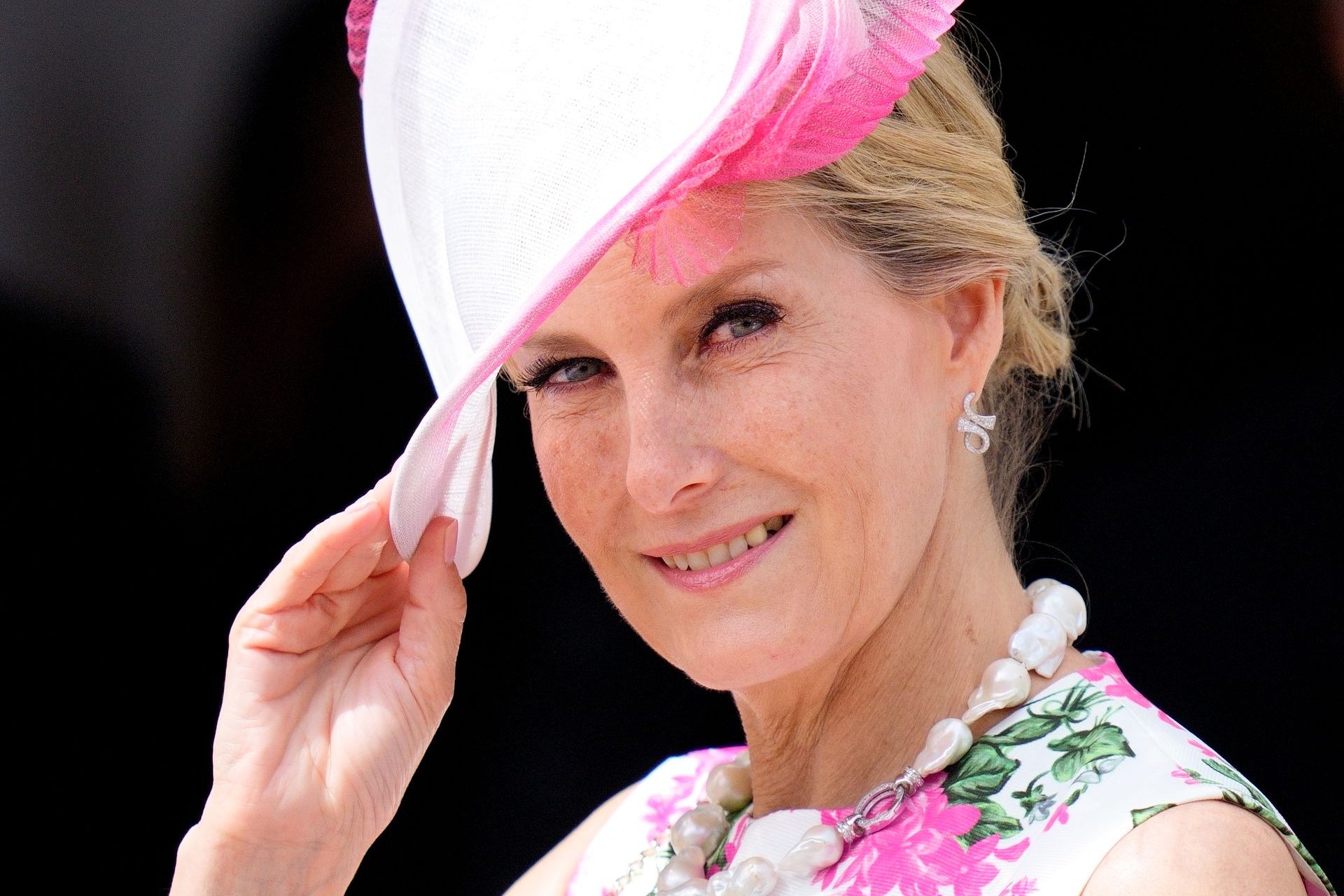Can dreams predict the future?
Human beings spend approximately 30% of their lives sleeping. Although the body needs to rest, the brain remains active and is led by our imagination. But, is there something else that we perceive while we sleep? What does science say about it? And what are some popular beliefs?
There are those who believe that dreams contain predictions of something that is about to happen. We are going to analyze this belief and explain some surprising curiosity about this matter.
Photo: Unsplash
From the earliest dawn of human civilization, sleep has been attributed tremendous symbolic value. Dreams were believed to be a fundamental way of predicting the future and also to clarify certain aspects of reality. Humans sought in dreams the answers to what they could not explain in life. For centuries it has been considered a magical territory.
Photo: Unsplash
Today, we understand sleep in a very different way than we did 2,000 years ago. But dreams still have a mystical character. There is something inexplicable, poetic even, of a dream's ability to transport us to fantasy worlds.
Photo: Unsplash
We can find many people who say they have dreamed of something that came true. It is curious how, even today, this ancestral belief persists . But why does this happen?
Photo: Unsplash
According to the brazilian neuroscientist Sidarta Ribeiro, in the book 'O Oráculo da Noite', by reverberating memories of the past, the dream reflects the dreamer's expectations about the future.
Photo: Unsplash
This means that the ability to predict the future is, in part, real. The human brain's capacity for memory, manages, through dreams, to project a possible future.
Photo: Unsplash
So, for example, when we dream that someone has had a terrible accident, it means, among other things, that we are preparing for a similar situation. Sleep is a safe exercise, where we learn to deal with the most terrible things.
Photo: Unsplash
But let's go back to the example of the accident. What if the accident we dreamt about actually happened? It wouldn't be that surprising. Our brain always builds each dream from real experiences and sometimes even imagines the probable and anticipates. Through dreams we know how to make hypotheses about the future that, sometimes, come true.
Photo: Unsplash
In dreams we also try to satisfy small or big desires that perhaps cannot be fulfilled in real life.
Photo: Unsplash
In the book 'The Interpretation of Dreams', the famous psychoanalyst Sigmund Freud states that dreams represent a repressed desire. According to the founder of psychoanalysis, dreaming is a way of accessing the unconscious.
When we sleep, our social and mental filters are more relaxed, allowing the free expression of the unconscious through memory tools. As Freud wrote: "All the material that makes up the dream is formed from experience."
Photo: Unsplash
Dreams are one big patchwork quilt and can vary greatly depending on the dreamer. But we know that there are three very common types: the nightmare dream, the pleasant dream and the being chased dream.
Photo: Unsplash
Usually, bad dreams generate a strong feeling of fear, with unpleasant events, from which we would like to escape. Who doesn't remember childhood nightmares?
Photo: Unsplash
Unlike the nightmare, the good dreams fully satisfy the dreamer. Many people dream of the experience of flying, for example, describing it as an extremely joyful feeling.
Photo: Unsplash
This usually happens when we really want to achieve something, but can't. Often, at a certain stage of life, the dream is repeated for a period of time. When this occurs, it is worth trying to interpret it. But only the dreamer has the key to unlock the meaning of the dream.
Photo: Unsplash
"Describing dreams immediately after waking up is a simple practice that greatly enriches dream life," writes Sidarta Ribeiro in the book 'O Oráculo da Noite'.
Photo: Unsplash
Another effective tip is to write down your dream right after you wake up. It is the moment that it's fresh in the memory. Sometimes after 5 minutes we are no longer able to describe it.
Photo: Unsplash
Therefore, it is a good idea to keep a notebook and pen by your bed. It may seem difficult at first, but it's about writing down the first thing that comes to mind: a feeling, a color, a place.
Photo: Unsplash
Whether the dream is good or bad, it is worth writing about, as it is a useful reflection of our inner life. As for predicting the future, the method to carry out such a task with scientific precision has not yet been invented.
Photo: Unsplash































